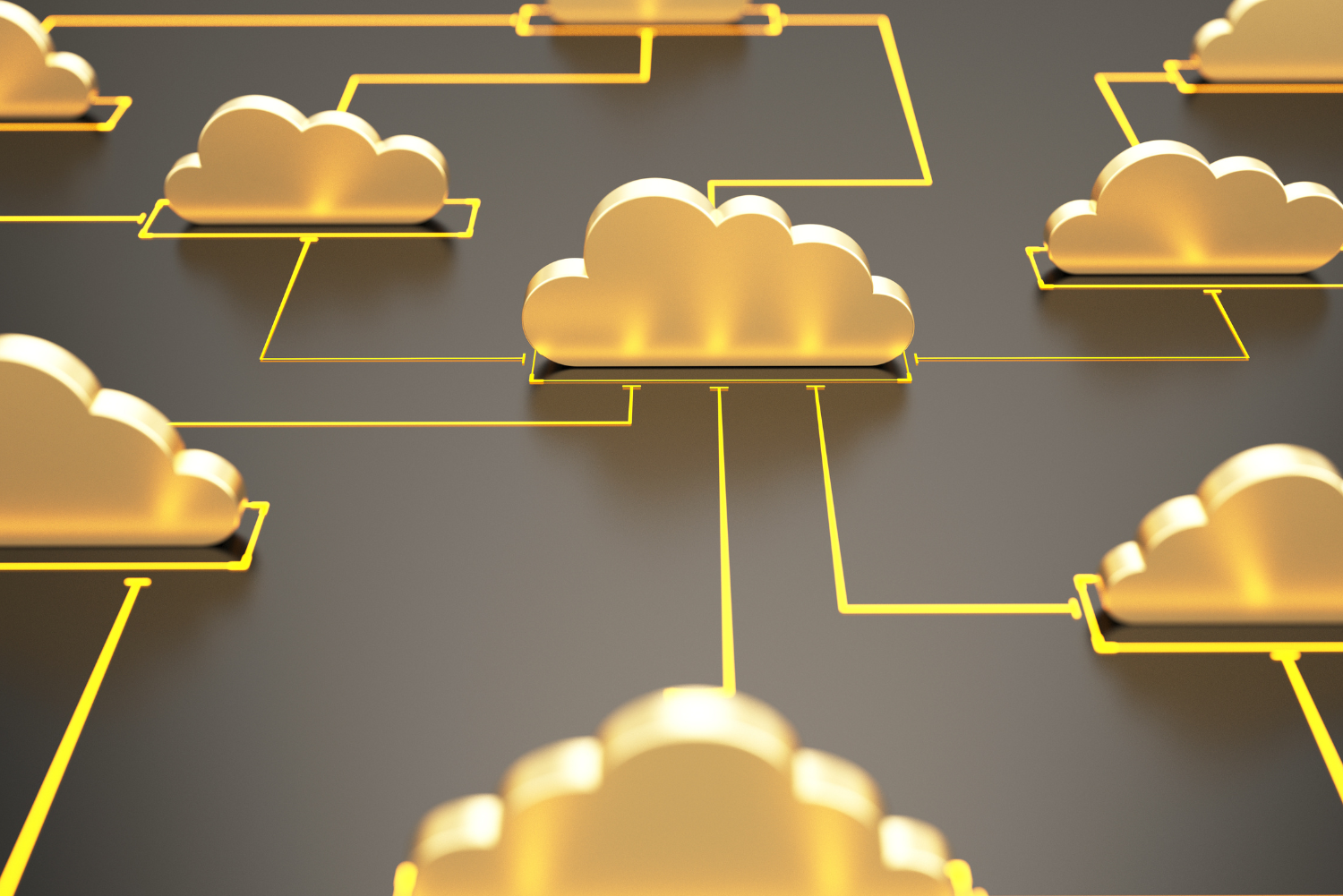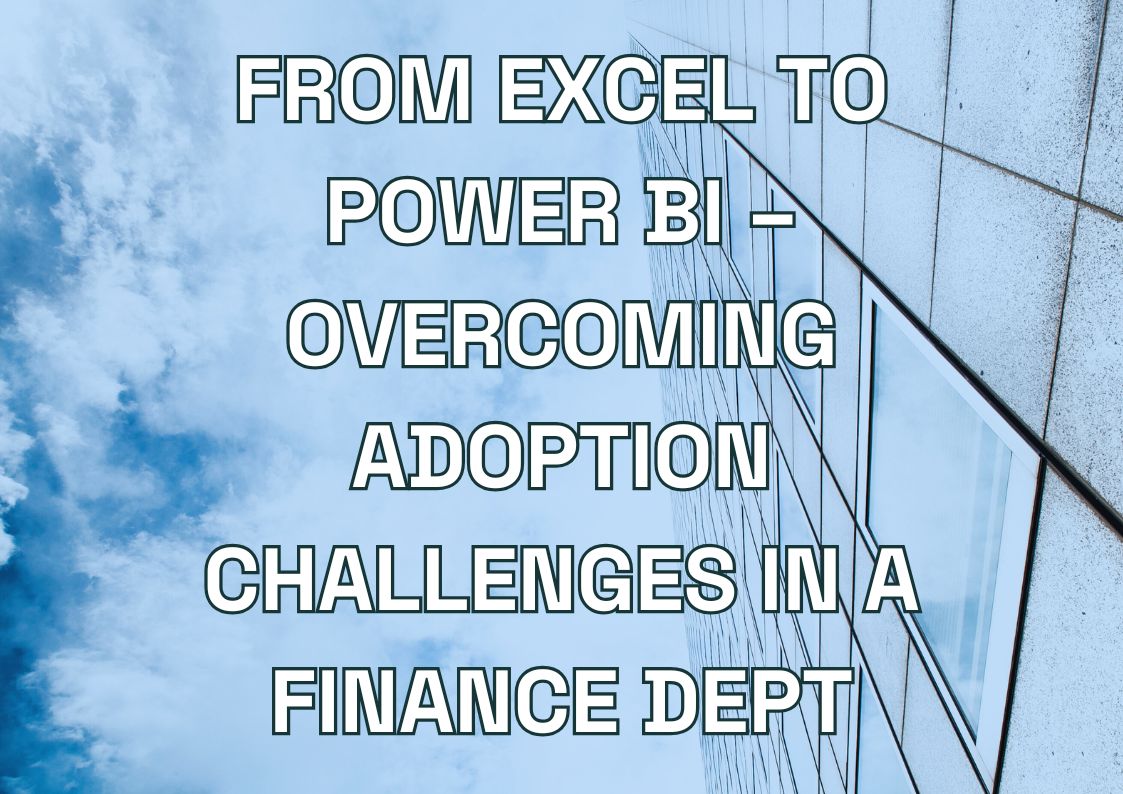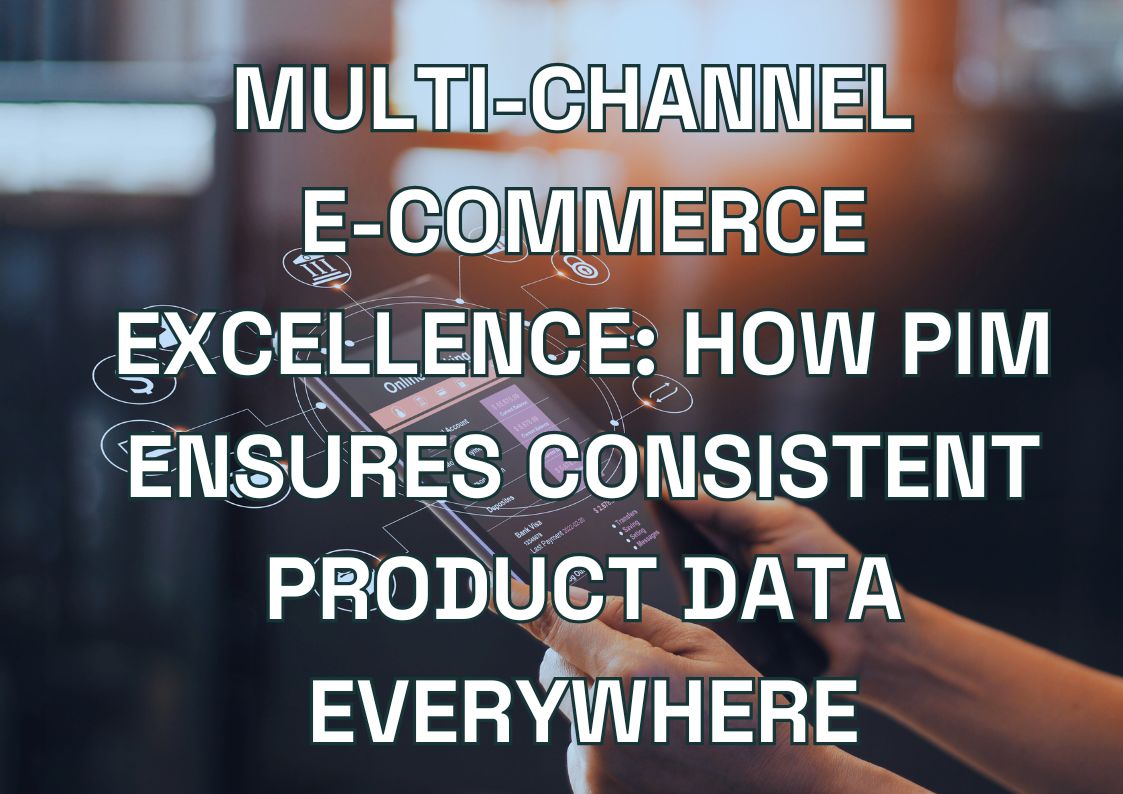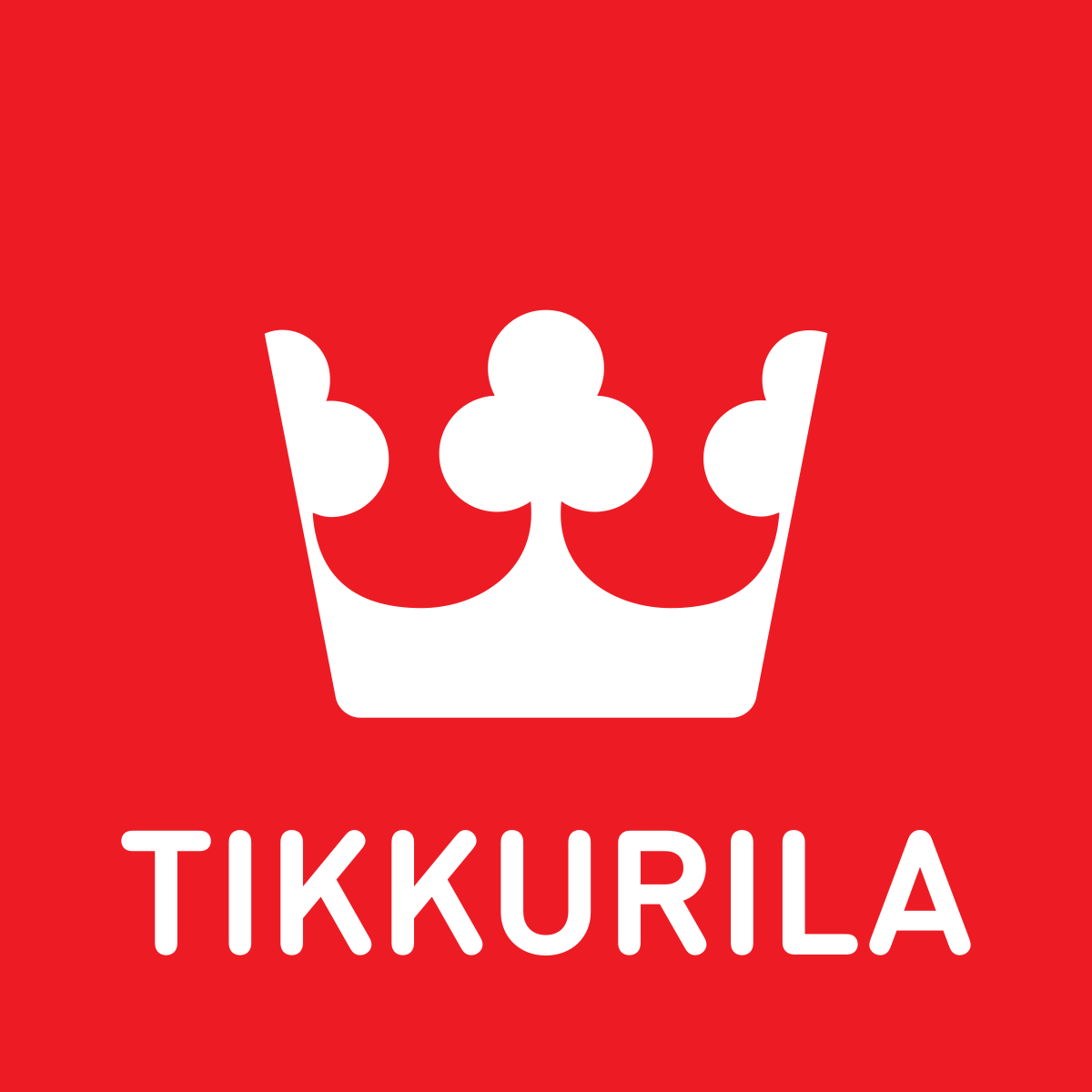Microsoft Build 2025 promises to be a transformative event for developers across the Microsoft ecosystem. Taking place May 19-22 at the Seattle Convention Center, this premier developer conference will feature hundreds of sessions spanning AI innovation, cloud technologies, developer tools, and platform advancements.
With a big chunk of breakout sessions focusing on AI and agent technologies, Build 2025 reflects Microsoft’s strategic direction and investment priorities. The official session catalog reveals an unprecedented emphasis on practical, hands-on learning with Microsoft engineers who built the tools you’ll be using.
Navigating it can be overwhelming. That’s why we’ve analyzed the complete schedule to identify the most impactful sessions across key technology areas. This guide will help you build an optimal agenda based on your role, technical interests, and development priorities.For maximum value, we recommend focusing on sessions led by Microsoft’s leadership team and technical visionaries. These presenters not only share what’s coming next but also provide strategic context for how these technologies fit into Microsoft’s broader ecosystem and your development roadmap.
Executive Sessions Not to Miss – Microsoft Leadership Insights
Microsoft Build 2025 features an impressive lineup of executive sessions that will shape the future of development across Microsoft’s ecosystem. Beyond Satya Nadella’s vision-setting keynote, several key Microsoft leaders will deliver must-attend presentations that provide strategic insights and practical roadmaps.
- Scott Guthrie’s cloud strategy session will explore Azure’s expanding capabilities and how AI is transforming cloud infrastructure. As Executive VP of Cloud and AI, Guthrie consistently delivers sessions packed with product announcements and practical demos that showcase Microsoft’s infrastructure innovations.
- Charles Lamanna will bring his business applications expertise to Build 2025, focusing on how Power Platform and Dynamics 365 are evolving with AI integration. His session “Collaborative Intelligence: Humans and AI Building Better Business Apps” will demonstrate how business applications are becoming more intelligent and adaptable.
- Pavan Davuluri‘s Windows innovation roadmap will highlight the future of Windows development, particularly around Copilot+ PCs and AI-enhanced experiences. His session “Windows for the AI Era” is essential for developers building next-generation Windows applications.
- Amanda Silver, who leads the developer tools division, will present “Reimagining Software Development and DevOps with Agentic AI“, which promises to showcase how AI is fundamentally changing development workflows and productivity.
These executive sessions connect directly to Microsoft’s broader technology strategy, giving attendees crucial context for the more technical sessions throughout the conference.
Technical Visionaries – Deep Dives with Microsoft’s Engineering Leaders
Microsoft’s engineering leaders will deliver deep technical insights through sessions that go beyond announcements to demonstrate actual code and implementation strategies. These sessions combine strategic vision with hands-on demonstrations that showcase practical applications of Microsoft’s newest technologies.
- Mark Russinovich‘s “Inside Azure innovations” session will offer a rare look at Azure’s infrastructure advancements, including performance optimizations and architectural improvements. Based on previous years, expect detailed demonstrations of cloud scalability techniques and Azure’s latest security enhancements.
- Anders Hejlsberg brings dramatic performance improvements to TypeScript with his session “A 10x Faster TypeScript”. The creator of C# and TypeScript will showcase the native code compilation approach that delivers breakthrough speed improvements, with live coding demonstrations that highlight the practical impact for developers.
- Scott Hunter’s “.NET App Modernization” talk will demonstrate how AI tools like GitHub Copilot can transform legacy applications. Expect practical demonstrations of automated code migration and cloud-readiness analysis that attendees can immediately apply to their own projects.
These technical visionary sessions offer essential insights for developers, architects, and technical leaders looking to understand how Microsoft’s core technologies are evolving.
Our Microsoft Services You Might Find Interesting
AI Innovation Showcase – Cutting-Edge Sessions and Demos
AI technology dominates Microsoft Build 2025 with breakthrough sessions showcasing Microsoft’s most advanced AI capabilities. The sessions in this track demonstrate how AI is being integrated across Microsoft’s entire technology stack, with practical applications that developers can implement immediately.
- “Azure AI Foundry: The Agent Factory” will be presented by Asha Sharma and Yina Arenas, showcasing Microsoft’s integrated approach to AI agent development. This flagship session demonstrates the “signals loop” that connects model choice, knowledge retrieval, fine-tuning, orchestration, and memory systems. Attendees will see live demonstrations of agent creation with significantly reduced development time compared to traditional approaches.
- “Solving the Unsolvable: Advanced Agentic AI Models” explores next-generation models like OpenAI’s o1 and computer-use agent (CUA). Marco Casalaina and Jennifer Marsman will demonstrate how these models tackle complex problems requiring multi-step reasoning, showing practical enterprise applications in healthcare, finance, and customer service.
- “Revolutionizing AI Apps with Multimodal Models” will feature demonstrations of how Azure OpenAI and AI Foundry’s multimodal capabilities transform customer interactions across industries. This session includes practical examples of combining text, image, and video processing in unified experiences.
These sessions are designed for immediate practical application, with demonstrations showing how to implement these technologies in enterprise environments.
Copilot and Agentic AI
Microsoft’s Copilot technologies receive dedicated focus at Build 2025, with sessions covering everything from no-code solutions to sophisticated multi-agent architectures. These sessions create a comprehensive roadmap for implementing agent-based AI across Microsoft’s ecosystem.
- “What’s new in Copilot Studio” with Omar Aftab will unveil the latest innovations in Microsoft’s low-code agent-building platform. The session will demonstrate enhanced knowledge capabilities, generative orchestration advancements, and new testing tools that make agent creation accessible to a wider audience of developers.
- “Architecting your multi-agent solutions” explores how multiple specialized agents can work together to solve complex problems. Gary Pretty will show practical patterns for agent communication and orchestration across different systems and knowledge bases.
- “Building agents for Microsoft 365 Copilot” with Aaron Bjork and Robert Howard provides a complete overview of agent development approaches for Microsoft 365, from Copilot Studio to Visual Studio and Azure AI Foundry. This session bridges the gap between business users and professional developers with tools for both audiences.
- “Exploring the Agent landscape” by Seth Juarez and Kendra Springer will help developers understand the different types of agents, key concepts, and frameworks available for various scenarios. This strategic session helps attendees choose the right approach for their specific business needs.
These sessions feature speakers with direct experience building Microsoft’s agent technologies, providing insider knowledge on implementation strategies.
Developer Tools Evolution – GitHub, Visual Studio, and Code-First Sessions
Microsoft’s developer tools are undergoing a revolutionary transformation driven by AI integration and workflow automation. Build 2025 showcases how these tools are evolving to dramatically boost developer productivity while maintaining code quality and security.
- “Reimagining Software Development and DevOps with Agentic AI” by Amanda Silver and Mario Rodriguez demonstrates how GitHub Copilot is being reimagined across the entire software development lifecycle. The session will show how AI agents can assist with everything from initial planning to code creation, review processes, and deployment automation. Attendees will see how AI can analyze codebases to identify optimization opportunities and suggest architectural improvements.
- “GitHub Copilot for Skeptics” tackles common hesitations about AI-assisted development head-on. Damian Brady and Burke Holland will demonstrate practical applications that go beyond the hype, showing how GitHub Copilot solves real-world development challenges even for experienced developers. This session includes strategies for effective prompting and integration into existing development workflows.
- “Top GitHub Copilot features in Visual Studio 2022” highlights Visual Studio’s deep Copilot integration. Simona Liao will showcase advanced features like cross-file context awareness, integrated testing suggestions, and refactoring assistance that streamline development tasks. The session includes practical demonstrations of solving complex coding challenges with AI assistance.
- “Debug Like a Pro” reveals Visual Studio’s most powerful debugging techniques enhanced by GitHub Copilot integration. Cagri Aslan and Harshada Hole will demonstrate advanced workflows that combine traditional debugging with AI-assisted problem analysis, promising “debugging tricks you didn’t know existed.”
These sessions highlight how Microsoft’s development tools work together as an integrated ecosystem, with demos showing seamless transitions between GitHub, Visual Studio, and cloud deployment.
Cloud and Azure – Infrastructure and Platform Advancements
Azure’s platform capabilities continue to expand with new services and performance enhancements designed for modern application development. These sessions highlight Azure’s evolution as both an infrastructure platform and a development environment for AI and cloud-native applications.
- “Inside Azure innovations with Mark Russinovich” offers a rare glimpse into Azure’s architectural advancements from Microsoft’s CTO. Russinovich will demonstrate how Azure enables intelligent, modern applications at scale, with particular focus on security improvements and performance optimizations that support AI workloads. Expect technical deep dives into how Azure’s internal systems have evolved to support the demands of modern applications.
- “Accelerate Azure Development with GitHub Copilot, VS Code & AI” showcases an AI-enhanced development workflow spanning the entire application lifecycle. Shayne Boyer and Mandy Whaley will demonstrate how these tools work together for prompt-driven creation, deployment, troubleshooting, and cost optimization. The session includes practical strategies for streamlining cloud migrations and maximizing developer efficiency.
“Secure Next-Gen AI Apps with Azure Container Apps Serverless GPUs” introduces Azure’s approach to GPU-accelerated containerized applications. Cary Chai and Vyom Nagrani will demonstrate how this technology enables high-performance AI inferencing without the complexity of managing GPU infrastructure. The session will include performance comparisons and practical deployment strategies that attendees can immediately implement.
These Azure sessions focus on practical implementation techniques and architectural patterns that attendees can apply to their own cloud environments.
These Azure sessions focus on practical implementation techniques and architectural patterns that attendees can apply to their own cloud environments.
Microsoft Fabric and Data – Essential Sessions for Data-Driven Solutions
Microsoft Fabric represents a transformative leap in data platform capabilities, unifying operational and analytical workloads to enable powerful AI applications. The data-focused sessions at Build 2025 demonstrate how Fabric and related technologies support sophisticated data scenarios.
- “Microsoft Fabric for Developers” with Amir Netz and Arun Ulag provides a comprehensive overview of how developers can leverage this unified data platform. The session will demonstrate techniques for bringing data together in OneLake, optimizing development with enhanced CI/CD workflows, and implementing efficient data access patterns. Attendees will see practical demonstrations of end-to-end solutions built on Fabric.
- “Building AI agents for actionable insights with data in Fabric” shows how to customize and extend Copilot and AI agents in Microsoft Fabric. Mohammad Ali and Nellie Gustafsson will demonstrate advanced methods for transforming raw data into conversational insights, with techniques for embedding domain-specific knowledge into agentic workflows.
- “Design scalable data layers with Azure Cosmos DB” addresses multi-tenant data architecture challenges. Deborah Chen, Andrew Liu, and Liz Nelson from Sitecore will share data modeling strategies, design patterns, and query optimizations for resilient, scalable applications. The session will cover new fleet management capabilities, materialized views, and global secondary indexes that deliver enhanced performance.
- “What’s New in Microsoft Databases” provides a comprehensive overview of database innovations across Microsoft’s portfolio. The session will cover scalability enhancements, high-performance tuning, partitioning strategies, and AI-driven insights across SQL Server, Azure SQL, Azure Cosmos DB, and Azure Database for PostgreSQL.
These data-focused sessions highlight how Microsoft’s data platforms are evolving to support AI workloads while maintaining enterprise-grade performance, security, and reliability.
Programming Language and Framework Updates – .NET, TypeScript, and More
Microsoft’s programming languages and frameworks continue to evolve with performance improvements, new features, and expanded AI capabilities. These Build 2025 sessions highlight how Microsoft’s development platforms are adapting to modern requirements.
- “What’s Next in C#” with Mads Torgersen and Dustin Campbell explores upcoming features in C# 14 and beyond. The demo-filled session will showcase innovations like dictionary expressions, new extension member types, and field access in auto-properties that make code clearer and more expressive. These enhancements focus on developer productivity while maintaining C#’s reputation for performance and reliability.
- “C# AMA with the C# Team” offers a rare opportunity to engage directly with C# language designers including Dustin Campbell, Kathleen Dollard, Mads Torgersen, and Stephen Toub. This interactive session allows attendees to get answers about past, present, and future language design decisions directly from the experts.
- “A 10x Faster TypeScript with Anders Hejlsberg” introduces breakthrough performance improvements through native code compilation. Hejlsberg will explain why the team chose Go for this port and demonstrate how these changes will significantly improve compile time, project loading, and other operations for most codebases.
- “Build the next gen of AI apps with .NET” by Jeremy Likness and Jordan Matthiesen shows how .NET is transforming AI application development. The session will demonstrate streamlined development processes with Microsoft.Extension.AI, templates for jumpstarting development, and integration with Model Context Protocol and Agents technologies.
- “Elevating Development with .NET Aspire” with Damian Edwards and Maddy Montaquila highlights advancements in this cloud-ready stack. The session will demonstrate AI integration within .NET Aspire and preview features coming in version 9.3, with practical applications for delivering complete application systems.
These programming-focused sessions blend technical depth with practical demonstrations, helping attendees understand how to leverage language and framework enhancements in their own projects.
Security and Enterprise Compliance – Mission-Critical Sessions
Security and compliance considerations are paramount in today’s development landscape, particularly for AI applications. Build 2025 offers essential sessions focused on secure development practices across Microsoft’s ecosystem.
- “Deploying an end-to-end secure AI application” by Pamela Fox and Sarah Young provides a comprehensive walkthrough of security considerations throughout the AI application lifecycle. The session will cover identity management, network security, key management, prompt shields, and data labeling, with practical guidance for developers who feel overwhelmed by security requirements.
- “Building Secure Business Apps” with Muhammad Aurangzeb explores best practices for developing and deploying secure solutions within Business Applications. The session will examine Power Platform security features under Microsoft’s Secure Future Initiative (SFI) pillars and responsible AI approaches with Purview and Copilot.
- “Shift Left: Secure Your Code and AI from the Start” featuring Mark Russinovich and Neil Coles demonstrates how to integrate security practices early in the development process. The session will cover threat modeling techniques, developer-focused security tools, and strategies for deploying with confidence without disrupting development workflows.
- “Building Secure AI Agents with Microsoft Entra ID” by Fabian Alves demonstrates how to build AI Agents using the OpenAI SDK with Assistants and Function Calling for APIs secured by Microsoft Entra ID. This session ensures adherence to Zero Trust principles while providing practical implementation guidance for secure authentication and authorization.
These security-focused sessions emphasize practical implementation of security patterns and frameworks, helping attendees build security into their applications from the beginning rather than adding it later.
Transforming Microsoft Insights into Action with Multishoring
Microsoft Build 2025 reveals the company’s strategic direction across AI, cloud, development tools, and application platforms. These technologies represent tremendous opportunities for organizations – but implementing them effectively requires specialized expertise and experience.
The sessions at Build 2025 showcase Microsoft’s vision, but translating that vision into practical business solutions presents challenges for many organizations. From integrating AI agents into existing workflows to modernizing applications for cloud deployment, these transitions require both technical skill and strategic planning.
With more than 10 years of Microsoft expertise, Multishoring is uniquely positioned to help clients implement the innovations presented at Build 2025. Our specialists have deep experience across Microsoft’s technology stack, from Azure solutions to Power BI consulting and SharePoint collaboration tools.We understand not just the technologies themselves, but how they fit into broader business contexts and how to implement them in ways that deliver measurable value. We invite you to discuss your Build 2025 learnings with our Microsoft experts. Whether you’re looking to implement specific technologies or develop a broader digital transformation strategy, our team can help you turn Microsoft’s latest innovations into practical business solutions.
Our Microsoft Services You Might Find Interesting
Let's talk about your IT needs

Let me be your single point of contact and lead you through the cooperation process.
Choose your conversation starter
Signed, sealed, delivered!
Await our messenger pigeon with possible dates for the meet-up.








